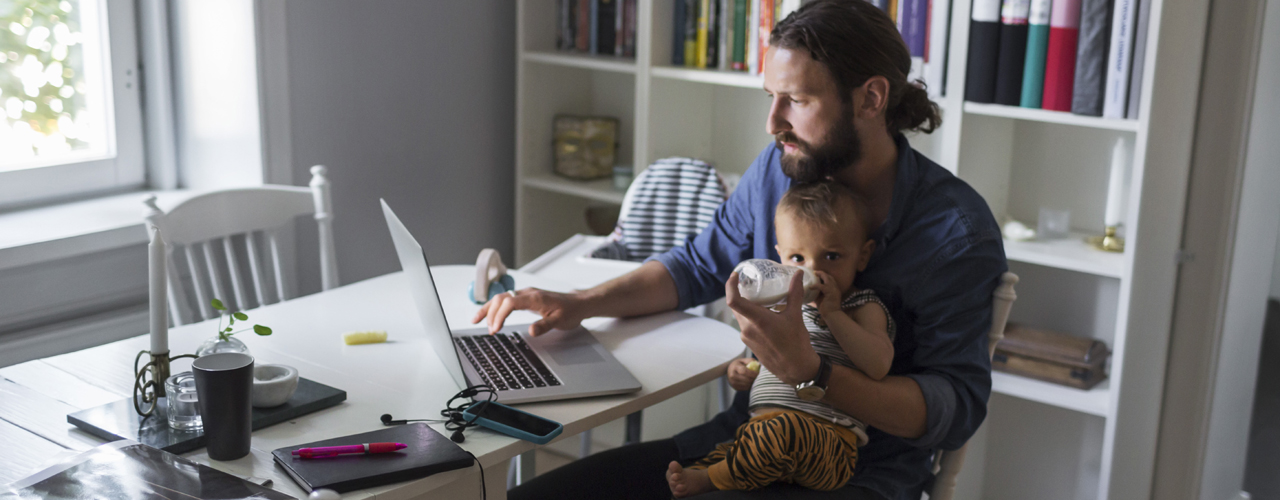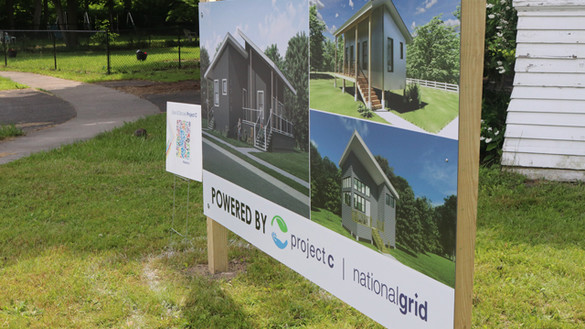

Mental health comes first – especially in a crisis
Our CEO John Pettigrew explains why protecting mental wellbeing is always a priority, but never more so than during a pandemic.
The coronavirus pandemic has sent the world into a state of tension and anxiety like no other, taking its toll on each of us. Given the necessary measures in place to tackle the virus, it’s no wonder that all of us have felt the impact on our mental health. Many have feared for loved ones, felt socially isolated or experienced heightened anxiety as we face so much uncertainty.
The way we work has had to change enormously. Some of our key workers with critical roles in keeping our energy networks running have been living on site, away from their families, for six weeks at a time. Others have continued going out to work on site every day, taking extra precautions and adapting their work to allow for social distancing. And, of course, thousands are working from home with many facing the challenge of home schooling children at the same time.

Looking at life as lockdown eases
Now that we are beginning to see steps toward an easing of the lockdown, I’ve spoken to many people who are becoming anxious about what this means for them and are worried about the potential risks. My colleagues are asking when, how and if we can go back to normal on a daily basis. It’s a question that understandably weighs heavy on people’s minds. And while I don’t have all the answers, I have a responsibility to ease the burden.
As a responsible business, we have always prioritised the mental health and wellbeing of everyone who works at National Grid. I recognise that we need this now more than ever.
Extra support during COVID-19
The phrase ‘unprecedented times’ has been used a lot in recent weeks, largely because there’s a huge amount of truth in it. And with that comes a need for responding in a way that goes above and beyond. That’s why I’m proud that National Grid has provided all employees with the tools they need to navigate through this crisis.
We’ve boosted our Employee Assistance Programme, which offers financial, legal and psychological support; including providing bursaries, benevolent funds and hardship loans. We’ve provided further access to counselling sessions, with further reach to employees’ family members in times of bereavement and direct access to psychological services without the need for a GP referral. We’ve offered a virtual GP app, with an online wellbeing portal, to all employees. We’ve created training on building resilience and launched a mindfulness course that over 600 employees have accessed.
Partnering to protect mental health
Tackling the issue of mental health support at work isn’t something any one business can tackle alone, which is why National Grid signed up to the Mental Health at Work Commitment last year, alongside more than 100 businesses, to improve standards of mental health care among the UK workforce.
We are also actively involved in Thriving at Work, run through the Inclusive Economy Partnership, where we have signed up to report on our number of inclusive disabled employees, as well as those employees who are comfortable in disclosing a mental health concern or condition. And we play an active role in Business in the Community, a charitable organisation that supports smaller businesses by developing mental health toolkits for them to use. For example, we have helped to create toolkits around domestic abuse and suicide prevention.
This is just a handful of examples of the partnerships we have in place. Every day I see examples, big and small, of how we can make a difference.
As and when the lockdown continues to ease, those actions will matter even more so as the way we work will continue to look very different for most of us. But, amidst all this change and uncertainty, there is one constant – our employees’ mental wellbeing remains paramount.


